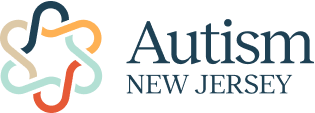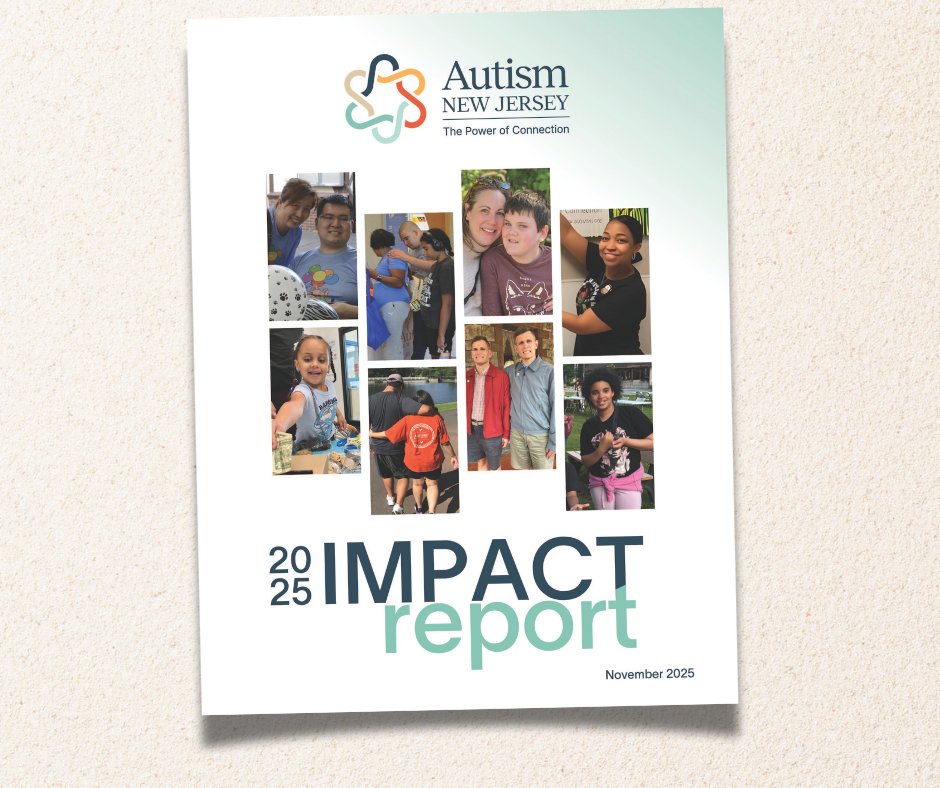
The who, what, where, when, and how of New Jersey’s service delivery for individuals with developmental disabilities.
Parents of children with autism can sometimes find themselves feeling overwhelmed with the number of people they meet and need to keep track of. That’s especially true if they have a newly diagnosed child with profound needs or co-occurring conditions.
It can also be confusing when various service delivery systems each have a case manager, sometimes resulting in three different case managers for one child. While parents come to learn the right point person for a particular topic over time and through experience, it can be helpful to have it all written out and available up-front.
This short guide is designed to help parents figure out what services they might be eligible for, who is the entity that provides the services, how that entity is assigned, and where the lines of administrative accountability lie.
Pros and Cons of Collaboration
Knowing how their services are organized can also help parents make more informed decisions. Sometimes collaboration among different service providers and organization is beneficial, helping maximize the benefits a child will receive from their services. At times, it can be essential to ensuring a child is healthy and safe.
However, there can also be instances when communication or collaboration is unwarranted or even detrimental. For example, an insurance representative may want to ask parents to share information about special education services in the name of collaboration. If the representative has access to that information, though, they might use it to decrease coverage of a certain benefit under the argument that the services should not be duplicated. As a result, sometimes it can be best to keep organizations siloed to make sure a child accesses the most appropriate support and services possible.
Ultimately, parents who have more information are better positioned to help their children access the services they need. If you have any questions about case management or navigating New Jersey’s different service systems, please contact us. You can reach our helpline staff by calling our 800.4.AUTISM Helpline or emailing us at information@autismnj.org.









